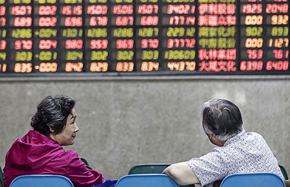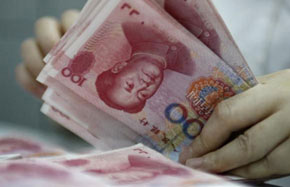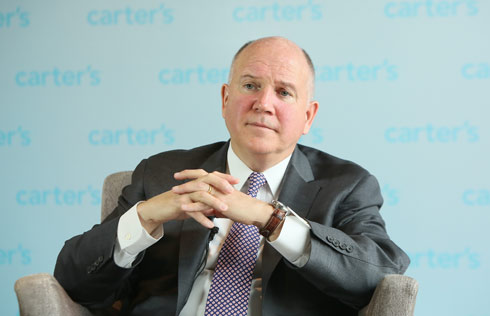China enhances appeal to foreign investment
BEIJING — China is working to make itself more appealing to foreign investors.
In the past month, commitments have been made by the Chinese government on further opening up.
China should create "a stable, fair, transparent and predictable business environment," and speed up efforts to build an open economy to promote the sustainable and healthy development of the Chinese economy, according to a meeting of the Central Leading Group on Finance and Economic Affairs in July.
Growing appeal
"Foreign investors used to be attracted by the cheap land and labor to China, but now we are more interested in the vast market and good business environment," said Jin Youhua, chairman and president of Whirlpool (China).
The US appliance-maker is expecting its China headquarter and global R&D center, which is now under construction in east China's Anhui province, to be put into operation in 2018, Jin told Xinhua.
Inbound foreign direct investment (FDI) fell by 0.1 percent year-on-year to 441 billion yuan ($66 billion) in the first half of this year, but the number of new foreign enterprises in China was up by 12.3 percent, according to the Ministry of Commerce.
Meanwhile, a survey from the American Chamber of Commerce in Shanghai showed that 77 percent of US companies in China remained profitable last year, up 6 percentage points from 2015, and 73.5 percent reported revenue growth, up 12 percentage points from 2015.
Behind the growing appeal from the Chinese market was China's stable economic development and government efforts in opening up more sectors and relaxing restrictions for foreign businesses.
Starting on July 28, China implemented a revised foreign investment catalogue, which includes a "negative list" approach that identifies sectors and businesses that are off-limits or restricted for investment, as well as sectors and industries that the government wants to encourage foreign companies to invest in.
The catalogue shortens the list of sectors that are completely off-limits for foreign investment from 36 to 28.
In the southwestern province of Sichuan, where a free trade zone was launched this April, instead of lining up to submit paperwork, foreign investors now only need to upload files online to establish a company or make alterations on existing ones.
Today, over 95 percent of new foreign enterprises in China do not need government approval before they are set up, and the registry procedures take less than three days, compared with more than 20 days previously.
A win-win process
Just as a more open China means opportunities for the rest of the world, China is expecting inbound investment to play a larger role in its economic development, promoting the growth of new sectors and driving supply-side structural reform.
The FDI inflow into high-end sectors has been robust, official data showed. In the first half of this year, the high-tech manufacturing sector saw FDI up 11.1 percent to 34.97 billion yuan, while foreign investment in high-tech services rose 20.4 percent to 64.72 billion yuan.
Compared with the initial stage of China's reform and opening-up nearly 40 years ago, China is more consciously choosing the types of "investment" or "professionals" it wants to attract, said Zhang Jianping, a researcher with the commerce ministry.
"As an economy going through transition, China wants to bring in advanced technologies, professional personnel, brands and management by luring foreign investment, so it can increase its competitiveness and improve the quality and efficiency of growth," said Zhang.
To make China more appealing to talented people outside the country, the government will put in place a work permit system for foreigners working in China to streamline their working permit application procedures, expand visa issuance and extend visa expiration dates.
The introduction of the new system, together with a number of other measures, is expected to be implemented by the end of September in principle, according to a State Council meeting late last month.
"The inflow of foreign capital has been pivotal for China to maintain a relatively quick growth rate. Our industries are in general at the lower end of the global value chain. We must send a strong message of welcome to foreign investment," Premier Li Keqiang told the meeting.

























